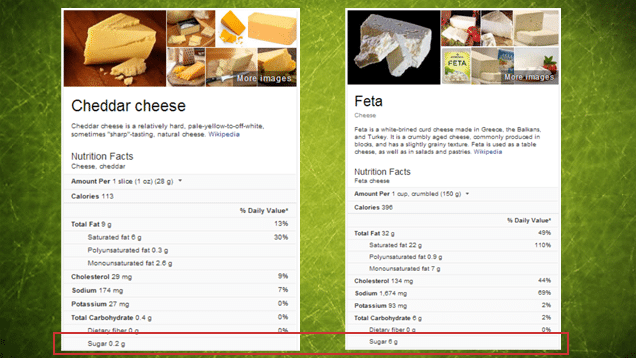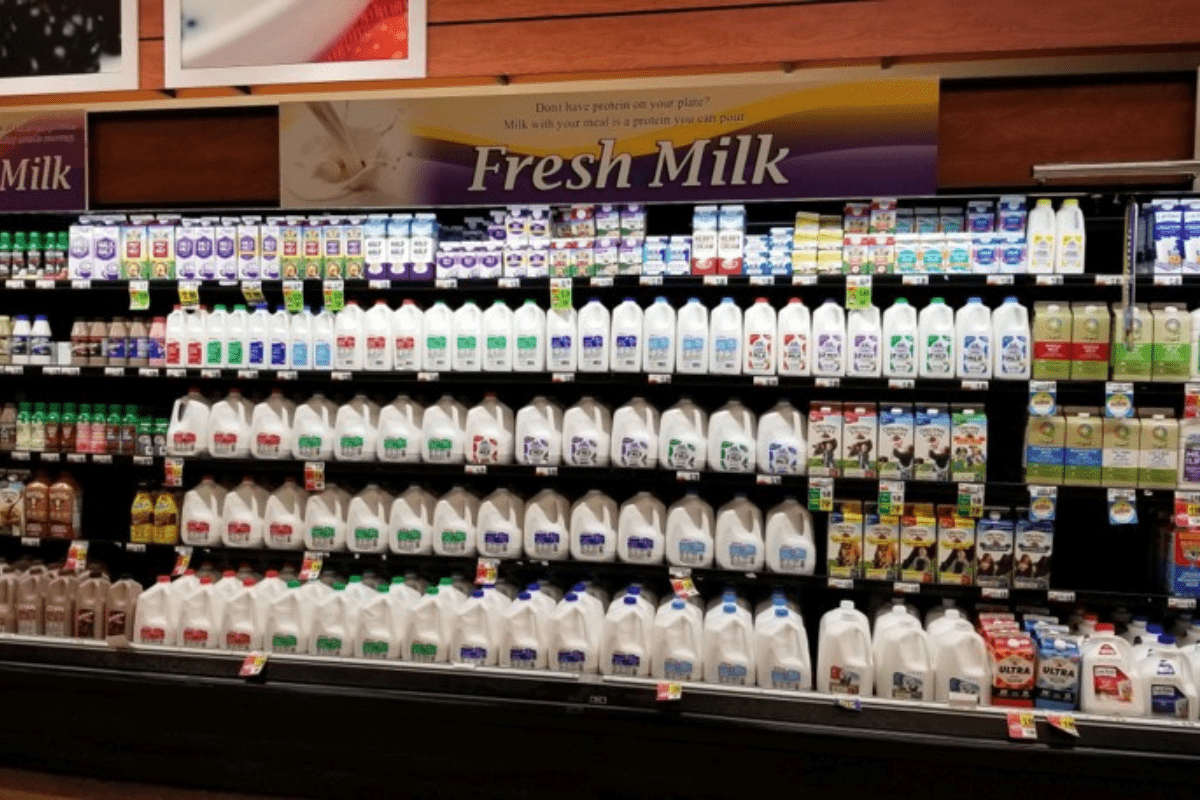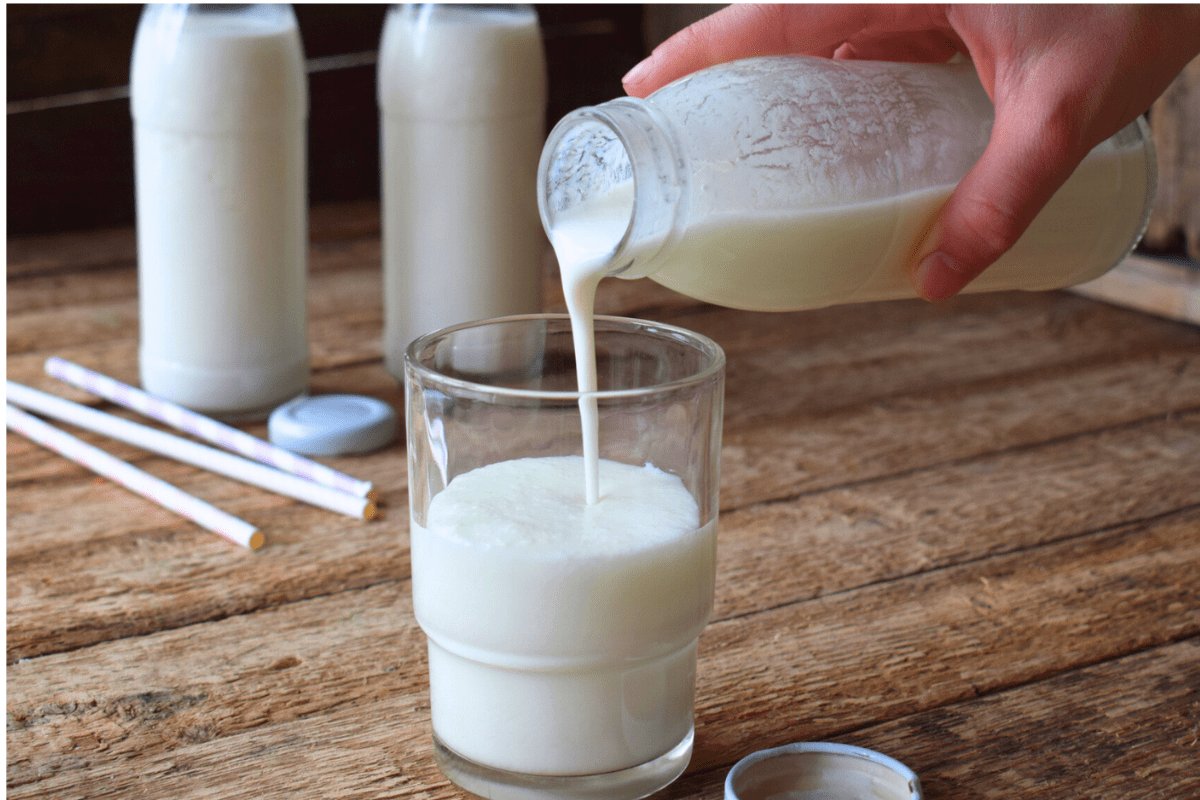One of the most frequent questions we hear about lactose intolerance is, can I still drink dairy?
Yes! There are ways for people with lactose intolerance to enjoy their favorite dairy foods without having the digestive discomfort, while benefiting from the wholesome nutrients found in milk, cheese, and yogurt.
Here are some of the most commonly asked questions – and answers – we received during Lactose Intolerance Month in February.
What is Lactose Intolerance?
Lactose intolerance is the inability to fully digest a naturally occurring sugar (lactose) found in milk and other dairy products. With this condition, the body does not make enough of an enzyme (lactase) needed to break down foods containing lactose. Without the enzyme working to break down the foods with lactose, someone is often left with digestive discomfort shortly after having those foods.
How do I know if I’m lactose intolerant?
Roughly 1 in 10 adults report having lactose intolerance. Diagnosing your own lactose intolerance can be tricky. If you have symptoms like bloating, gas, or an upset stomach after eating dairy, it’s best to check with your doctor to nail down a diagnosis.
How can I enjoy dairy while living with lactose intolerance?
By making a few changes in your eating habits, there are ways you can continue to enjoy wholesome milk, cheese and yogurt, with minimal or no discomfort.
- Mix milk with other foods to help slow down digestion.
- Choose yogurt with live and active cultures to help digest lactose.
- Drink lactose-free dairy products.
- Eat harder cheeses, like parmesan and sharp cheddar, which naturally contain lower amounts of lactose.
Not to mention, there are a few over-the-counter medications that may help, too. Again, this is territory for your doctor.
Is Lactose-Free Milk Made from Cows?
Yes, lactose-free milk are real dairy products – without the lactose. The process is quite simple. Milk processors add the lactase enzyme to neutralize the lactose.
Will I still get the same nutrients from lactose-free milk?
Yes, you will still get the same thirteen essential nutrients found in regular milk with no additional calories to make the milk lactose-free.
What are the best cheeses to eat if you’re lactose intolerant?
Natural, hard cheeses like cheddar, swiss and parmesan are lower in lactose and easier to digest. Everyone is different, and you might find that some of the other cheeses may not cause issues for you either.
TIP: Check the “Sugar” on the Nutrition Facts. The fewer grams of sugar on the label, the less lactose.

Can you eat Greek yogurt if you’re lactose intolerant?
Yes, there are some great brands that produce 100% lactose free Greek yogurt. Find out which ones in our blog – Greek Yogurt for the Lactose and Gluten Intolerant.
Bottom Line
If you’re lactose intolerant you can eat confidently and continue to include dairy in your diet.
For more information on Lactose Intolerance visit the following: Lactose Intolerance: What You Need to Know and What is Lactose Intolerance?





